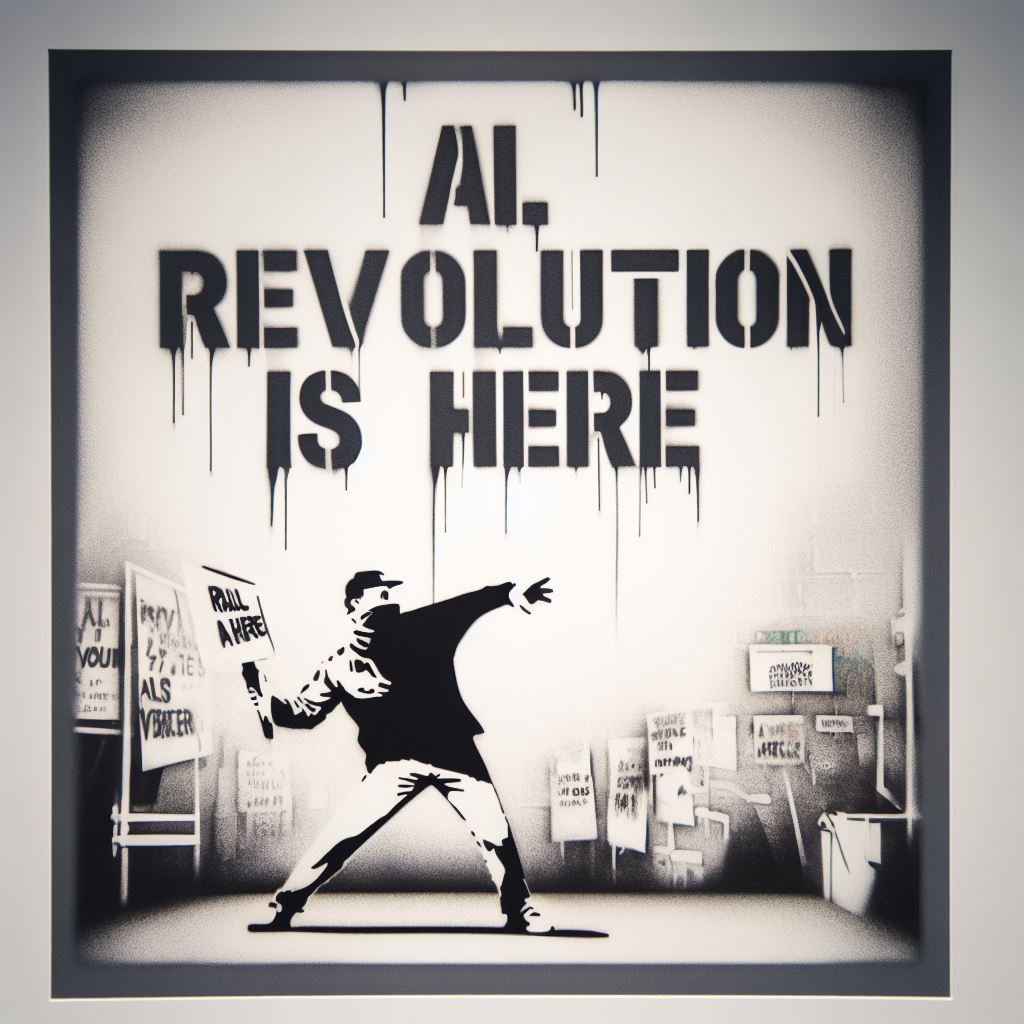AI Security
The Ethical Dilemmas and Global Risks of AI

We are on the cusp of a technological revolution as a society, thanks to the rapid progress of Artificial Intelligence (AI).
In this article, we will explore the ethical dilemmas and global risks associated with this transformative force.
AI holds immense promise in solving complex problems, but it also brings significant risks. From fake news to cyber attacks and automated AI weapons, our security and stability are at stake.
Join us as we delve into the ethical implications and the importance of global collaboration for a responsible and beneficial AI future.
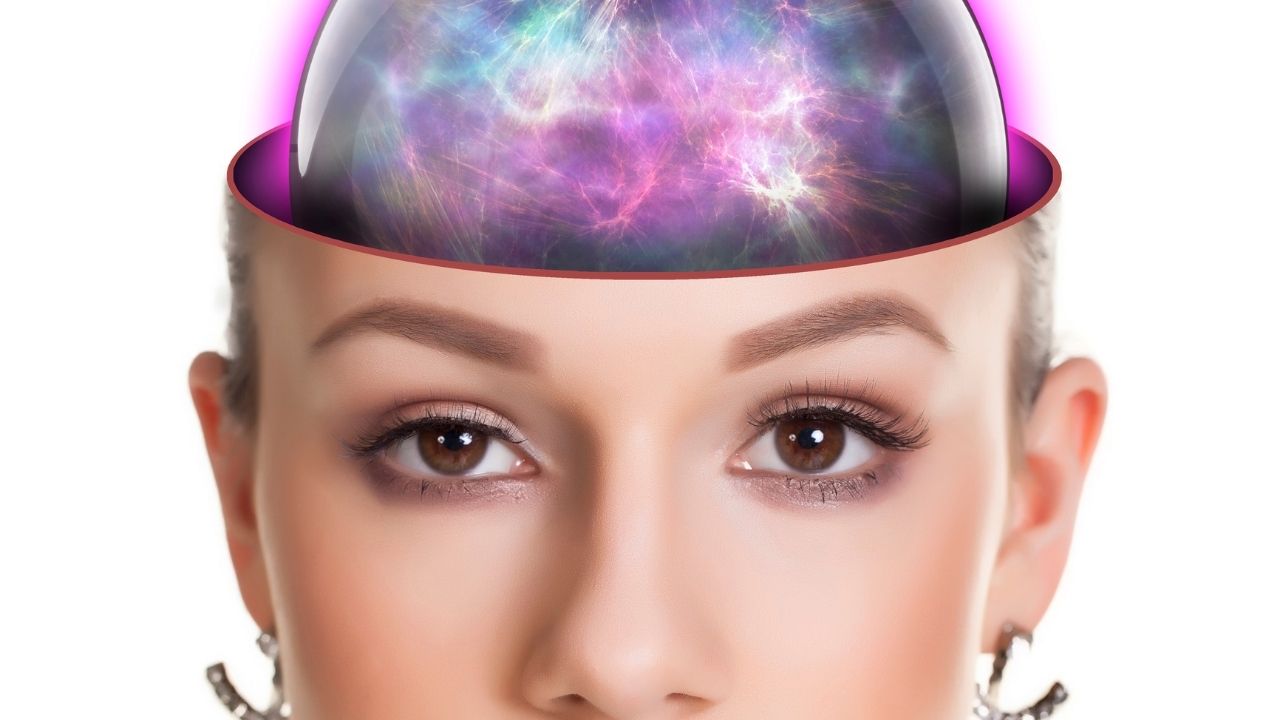
Key Takeaways
- Algorithms and machine learning models should be scrutinized for biases and discriminatory outcomes.
- Addressing issues of privacy, transparency, and accountability is essential in AI development.
- Collaboration among stakeholders is necessary to ensure ethical standards in AI development.
- The ethical dilemmas and global risks of AI can be navigated for a more inclusive and beneficial future through collaboration.
Potential Benefits of AI
AI offers numerous potential benefits, including employment solutions and poverty alleviation. With the advancement of AI technology, there’s a possibility of creating new job opportunities and transforming existing industries. AI can automate repetitive tasks, allowing humans to focus on more complex and creative work. This can lead to increased productivity and efficiency in various sectors.
Furthermore, AI can play a crucial role in poverty alleviation by providing access to education, healthcare, and financial services to underserved populations. AI-powered solutions can help bridge the gap between the rich and the poor, enabling economic growth and social development.
However, it’s important to ensure that the benefits of AI are distributed equitably and that the potential risks and challenges are effectively addressed to maximize its positive impact on society.
Ethical Considerations in AI Development
Moving forward, how do we navigate the ethical considerations in the development of AI?
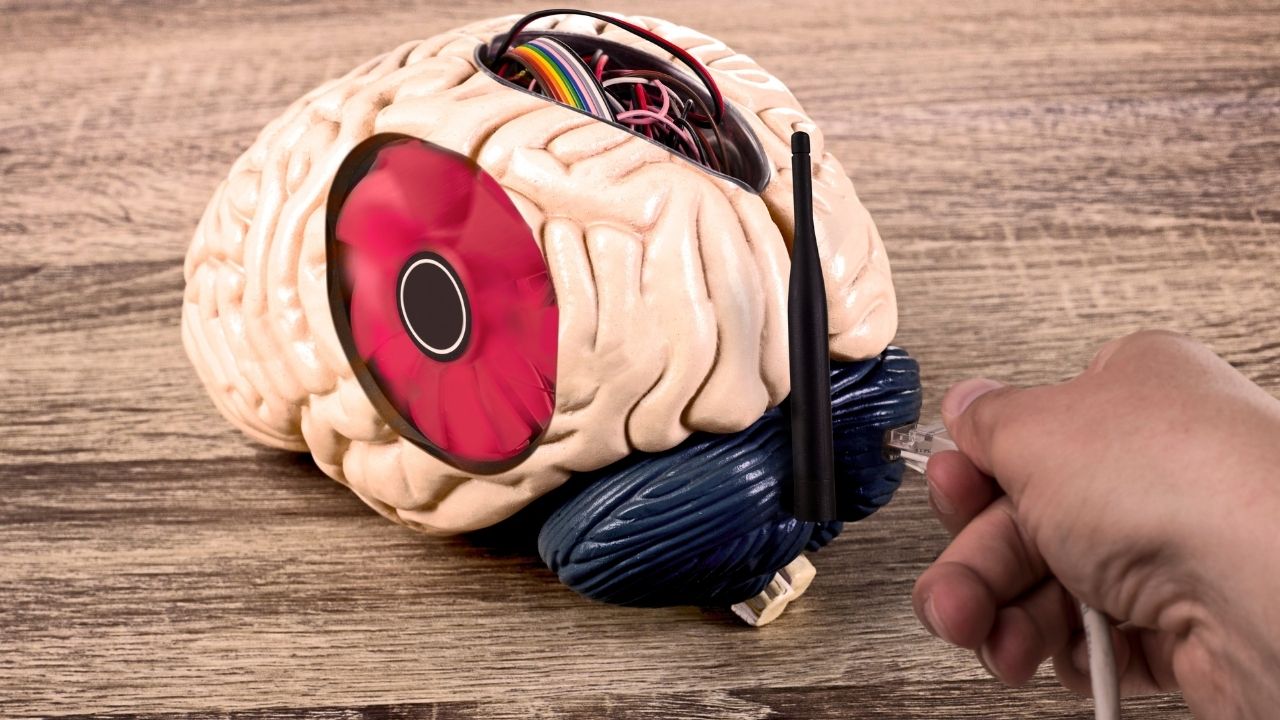
As we delve deeper into the world of AI, it becomes crucial to explore algorithms and investigate machine learning models to ensure ethical practices.
The complexity of machine learning models demands a thorough understanding and examination to uncover any biases or discriminatory outcomes. By scrutinizing algorithms, we can identify potential flaws and work towards creating fair and unbiased AI systems.
Investigating machine learning models allows us to address issues of privacy, transparency, and accountability, ensuring that AI development aligns with ethical standards.
This analytical approach to AI development is essential in order to minimize the negative impact and risks associated with the technology, while maximizing its potential benefits for society.

Artificial General Intelligence (AGI)
As we continue exploring the ethical considerations in AI development, it’s crucial to delve into the realm of Artificial General Intelligence (AGI) and its potential impact on society.
- Impact of AGI on job market: AGI has the potential to automate various tasks currently performed by humans, potentially leading to job displacement and changes in the job market.
- Programming challenges in AGI development: Developing AGI poses significant programming challenges, as it requires creating a system that can perform any human task better. Ensuring the correct programming of AGI is essential to avoid unintended consequences and potential risks.
The impact of AGI on the job market raises concerns about unemployment and the need to retrain and reskill the workforce. Additionally, programming AGI correctly is crucial to ensure its safe and ethical implementation.
These challenges require careful consideration and collaboration among researchers, policymakers, and industry professionals to mitigate potential risks and maximize the benefits of AGI.
Future Challenges of AGI
Continuing our exploration of the ethical considerations in AI development, we now turn our attention to the future challenges posed by Artificial General Intelligence (AGI). As AGI systems become more advanced, one key challenge will be their energy consumption and the infrastructure required to support them. AGI systems will likely require significant amounts of power, which may strain existing energy resources and raise concerns about sustainability. Additionally, another challenge lies in understanding and managing the beliefs and desires of AGI systems. Just as humans have differing beliefs and desires, AGI systems may develop their own, potentially leading to conflicts or unintended consequences. It is crucial to ensure that these systems are aligned with human values and goals to prevent any negative outcomes.
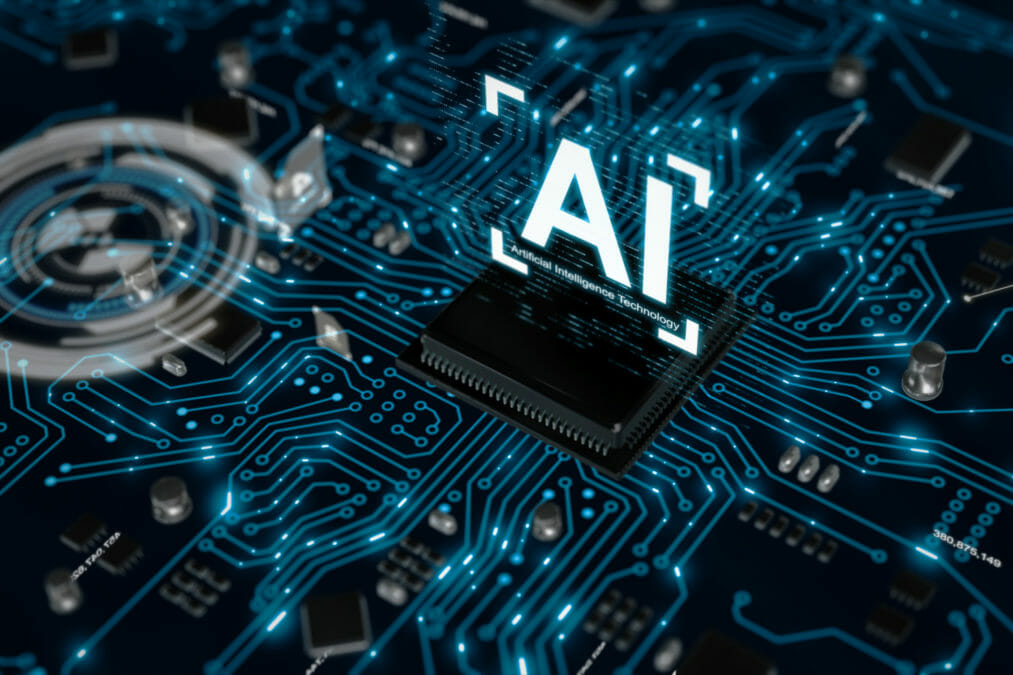
| Future Challenges of AGI | |||
|---|---|---|---|
| Energy consumption | Infrastructure requirements | AGI systems’ beliefs | AGI systems’ desires |
Collaboration in AI Development
To effectively address the challenges and risks associated with AI development, we frequently collaborate with other countries in the pursuit of Artificial General Intelligence (AGI). Cooperation and international partnerships play a crucial role in advancing AI technology and ensuring its responsible use.
Here are some key reasons why collaboration is essential in AI development:
- Shared knowledge and resources: Collaborating with other nations allows us to pool our expertise, share research findings, and leverage each other’s resources, leading to faster progress and more robust AI systems.
- Ethical considerations: International partnerships enable discussions on ethical frameworks, ensuring that AI development aligns with global values and avoids harmful consequences.
- Diversity of perspectives: Collaboration brings together diverse cultures, experiences, and perspectives, fostering innovation and helping identify and address biases and blind spots.
- Mitigating risks: By working together, we can collectively address the risks associated with AI, such as job displacement, security threats, and the potential for misuse.
Through collaboration and international partnerships, we can collectively navigate the complex ethical dilemmas and global risks of AI, ensuring a more inclusive, responsible, and beneficial future.
Frequently Asked Questions
What Are Some Potential Risks Associated With AI Development?
Unintended consequences of AI development include job displacement and potential risks. As AI advances, there is a need for careful consideration of its impact on employment and society as a whole.

How Can AI Be Used to Address Diseases and Alleviate Poverty?
AI can be utilized in education to provide personalized learning experiences and bridge educational gaps. Additionally, AI can contribute to environmental sustainability by optimizing resource usage and facilitating green technologies. These applications have the potential to address diseases and alleviate poverty.
What Are Some Ethical Considerations That Need to Be Taken Into Account When Developing Ai?
When developing AI, ethical considerations such as data privacy and algorithmic bias must be taken into account. These factors ensure that AI systems are fair, unbiased, and respect the rights and privacy of individuals.
What Is Artificial General Intelligence (Agi) and What Impact Could It Have on Society?
Artificial General Intelligence (AGI) is a system that can outperform humans in any task. Its impact on society could be profound, potentially disrupting the job market and revolutionizing decision-making processes.
What Are Some Future Challenges and Concerns Related to AGI Development?
Some future challenges and concerns related to AGI development include energy consumption, infrastructure requirements, understanding the beliefs and desires of AGI systems, and addressing skepticism and concerns about AGI development in order to mitigate risks in AI development.

Conclusion
In conclusion, as we navigate the rapid advancement of AI, we must tread carefully to ensure its benefits are maximized while mitigating the risks that come with it.
Just as a conductor guides an orchestra, we must orchestrate the development and deployment of AI to harmonize societal progress and ethical considerations.
By working together, we can create a symphony of responsible and beneficial AI that enhances our lives without compromising our security or stability.
Hanna is the Editor in Chief at AI Smasher and is deeply passionate about AI and technology journalism. With a computer science background and a talent for storytelling, she effectively communicates complex AI topics to a broad audience. Committed to high editorial standards, Hanna also mentors young tech journalists. Outside her role, she stays updated in the AI field by attending conferences and engaging in think tanks. Hanna is open to connections.
AI Security
Report Finds Top AI Developers Lack Transparency in Disclosing Societal Impact
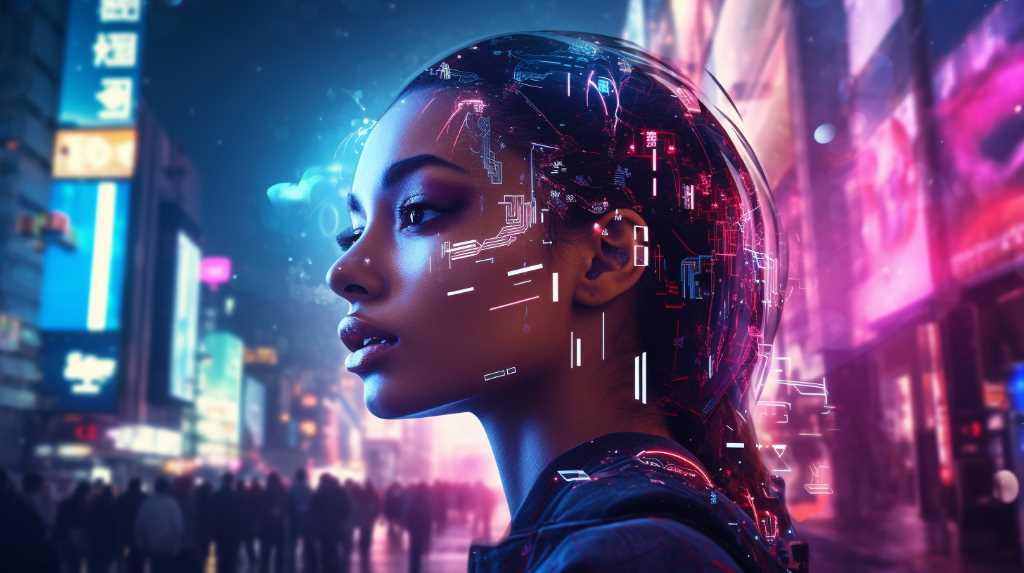
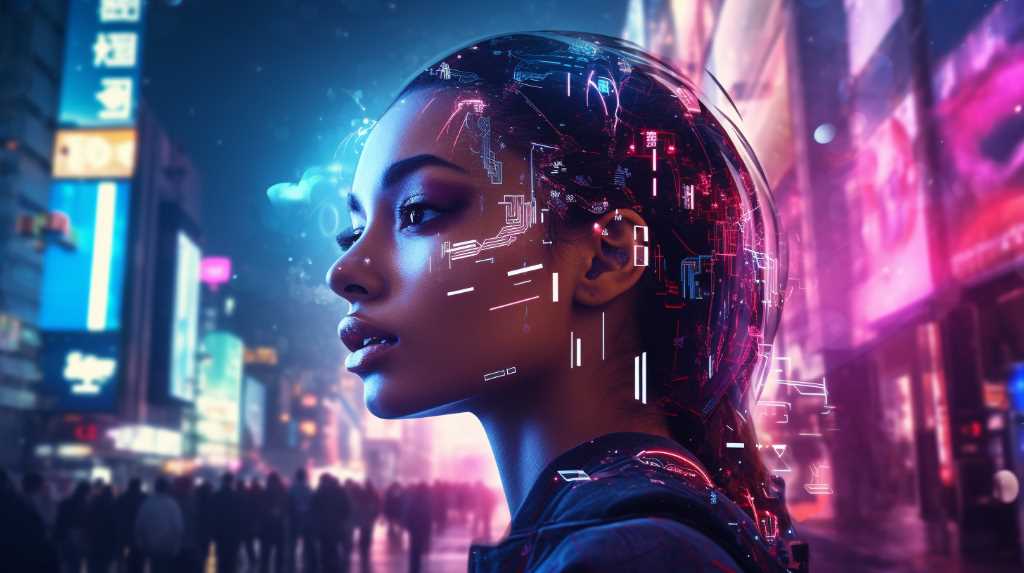
Stanford HAI Releases Foundation Model Transparency Index
A new report released by Stanford HAI (Human-Centered Artificial Intelligence) suggests that leading developers of AI base models, like OpenAI and Meta, are not effectively disclosing information regarding the potential societal effects of their models. The Foundation Model Transparency Index, unveiled today by Stanford HAI, evaluated the transparency measures taken by the makers of the top 10 AI models. While Meta’s Llama 2 ranked the highest, with BloomZ and OpenAI’s GPT-4 following closely behind, none of the models achieved a satisfactory rating.
Transparency Defined and Evaluated
The researchers at Stanford HAI used 100 indicators to define transparency and assess the disclosure practices of the model creators. They examined publicly available information about the models, focusing on how they are built, how they work, and how people use them. The evaluation considered whether companies disclosed partners and third-party developers, whether customers were informed about the use of private information, and other relevant factors.
Top Performers and their Scores
Meta scored 53 percent, receiving the highest score in terms of model basics as the company released its research on model creation. BloomZ, an open-source model, closely followed at 50 percent, and GPT-4 scored 47 percent. Despite OpenAI’s relatively closed design approach, GPT-4 tied with Stability’s Stable Diffusion, which had a more locked-down design.
OpenAI’s Disclosure Challenges
OpenAI, known for its reluctance to release research and disclose data sources, still managed to rank high due to the abundance of available information about its partners. The company collaborates with various companies that integrate GPT-4 into their products, resulting in a wealth of publicly available details.

Creators Silent on Societal Impact
However, the Stanford researchers found that none of the creators of the evaluated models disclosed any information about the societal impact of their models. There is no mention of where to direct privacy, copyright, or bias complaints.
Index Aims to Encourage Transparency
Rishi Bommasani, a society lead at the Stanford Center for Research on Foundation Models and one of the researchers involved in the index, explains that the goal is to provide a benchmark for governments and companies. Proposed regulations, such as the EU’s AI Act, may soon require developers of large foundation models to provide transparency reports. The index aims to make models more transparent by breaking down the concept into measurable factors. The group focused on evaluating one model per company to facilitate comparisons.
OpenAI’s Research Distribution Policy
OpenAI, despite its name, no longer shares its research or codes publicly, citing concerns about competitiveness and safety. This approach contrasts with the large and vocal open-source community within the generative AI field.
The Verge reached out to Meta, OpenAI, Stability, Google, and Anthropic for comments but has not received a response yet.
Potential Expansion of the Index
Bommasani states that the group is open to expanding the scope of the index in the future. However, for now, they will focus on the 10 foundation models that have already been evaluated.
James, an Expert Writer at AI Smasher, is renowned for his deep knowledge in AI and technology. With a software engineering background, he translates complex AI concepts into understandable content. Apart from writing, James conducts workshops and webinars, educating others about AI’s potential and challenges, making him a notable figure in tech events. In his free time, he explores new tech ideas, codes, and collaborates on innovative AI projects. James welcomes inquiries.
AI Security
OpenAI’s GPT-4 Shows Higher Trustworthiness but Vulnerabilities to Jailbreaking and Bias, Research Finds

New research, in partnership with Microsoft, has revealed that OpenAI’s GPT-4 large language model is considered more dependable than its predecessor, GPT-3.5. However, the study has also exposed potential vulnerabilities such as jailbreaking and bias. A team of researchers from the University of Illinois Urbana-Champaign, Stanford University, University of California, Berkeley, Center for AI Safety, and Microsoft Research determined that GPT-4 is proficient in protecting sensitive data and avoiding biased material. Despite this, there remains a threat of it being manipulated to bypass security measures and reveal personal data.

Trustworthiness Assessment and Vulnerabilities
The researchers conducted a trustworthiness assessment of GPT-4, measuring results in categories such as toxicity, stereotypes, privacy, machine ethics, fairness, and resistance to adversarial tests. GPT-4 received a higher trustworthiness score compared to GPT-3.5. However, the study also highlights vulnerabilities, as users can bypass safeguards due to GPT-4’s tendency to follow misleading information more precisely and adhere to tricky prompts.
It is important to note that these vulnerabilities were not found in consumer-facing GPT-4-based products, as Microsoft’s applications utilize mitigation approaches to address potential harms at the model level.
Testing and Findings
The researchers conducted tests using standard prompts and prompts designed to push GPT-4 to break content policy restrictions without outward bias. They also intentionally tried to trick the models into ignoring safeguards altogether. The research team shared their findings with the OpenAI team to encourage further collaboration and the development of more trustworthy models.
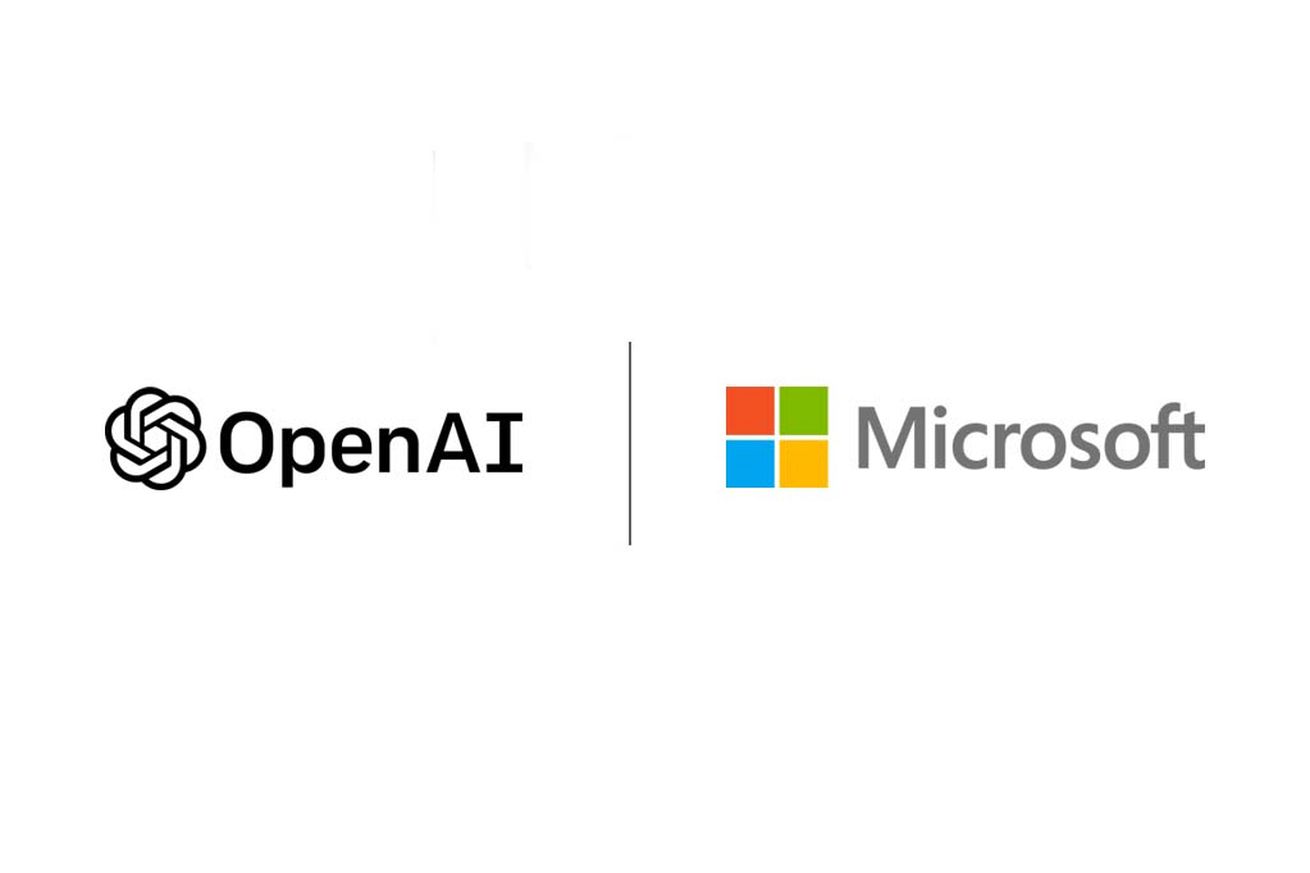
The benchmarks and methodology used in the research have been published to facilitate reproducibility by other researchers.
Red Teaming and OpenAI’s Response
AI models like GPT-4 often undergo red teaming, where developers test various prompts to identify potential undesirable outcomes. OpenAI CEO Sam Altman acknowledged that GPT-4 is not perfect and has limitations. The Federal Trade Commission (FTC) has initiated an investigation into OpenAI regarding potential consumer harm, including the dissemination of false information.
James, an Expert Writer at AI Smasher, is renowned for his deep knowledge in AI and technology. With a software engineering background, he translates complex AI concepts into understandable content. Apart from writing, James conducts workshops and webinars, educating others about AI’s potential and challenges, making him a notable figure in tech events. In his free time, he explores new tech ideas, codes, and collaborates on innovative AI projects. James welcomes inquiries.
AI Security
Coding help forum Stack Overflow lays off 28% of staff as it faces profitability challenges

Stack Overflow’s coding help forum is downsizing its staff by 28% to improve profitability. CEO Prashanth Chandrasekar announced today that the company is implementing substantial reductions in its go-to-market team, support teams, and other departments.
Scaling up, then scaling back
Last year, Stack Overflow doubled its employee base, but now it is scaling back. Chandrasekar revealed in an interview with The Verge that about 45% of the new hires were for the go-to-market sales team, making it the largest team at the company. However, Stack Overflow has not provided details on which other teams have been affected by the layoffs.
Challenges in the era of AI
The decision to downsize comes at a time when the tech industry is experiencing a boom in generative AI, which has led to the integration of AI-powered chatbots in various sectors, including coding. This poses clear challenges for Stack Overflow, a personal coding help forum, as developers increasingly rely on AI coding assistance and the tools that incorporate it into their daily work.

Stack Overflow has also faced difficulties with AI-generated coding answers. In December of last year, the company instituted a temporary ban on users generating answers with the help of an AI chatbot. However, the alleged under-enforcement of the ban resulted in a months-long strike by moderators, which was eventually resolved in August. Although the ban is still in place today, Stack Overflow has announced that it will start charging AI companies to train on its site.
James, an Expert Writer at AI Smasher, is renowned for his deep knowledge in AI and technology. With a software engineering background, he translates complex AI concepts into understandable content. Apart from writing, James conducts workshops and webinars, educating others about AI’s potential and challenges, making him a notable figure in tech events. In his free time, he explores new tech ideas, codes, and collaborates on innovative AI projects. James welcomes inquiries.
-

 AI News4 weeks ago
AI News4 weeks agoAI-Assisted Grant Writing: Improving Success Rates for Educational Institutions
-

 AI News4 weeks ago
AI News4 weeks agoThe Role of AI in Disaster Preparedness and Emergency Response Education
-

 AI News4 weeks ago
AI News4 weeks agoThe Impact of AI on Privacy Laws and Regulations
-

 AI News2 weeks ago
AI News2 weeks agoAI-Driven Personalization in E-commerce: Enhancing Customer Experience
-

 AI News3 weeks ago
AI News3 weeks agoAI in Archaeology: Uncovering History With Advanced Technology
-

 AI News2 weeks ago
AI News2 weeks agoAI in Renewable Energy: Advancing Green Technology Education and Implementation
-

 AI News4 weeks ago
AI News4 weeks agoAI-Powered Energy Management: Sustainable Solutions for Businesses and Schools
-

 AI News3 weeks ago
AI News3 weeks agoAI in Library Sciences: Transforming Information Management and Access
